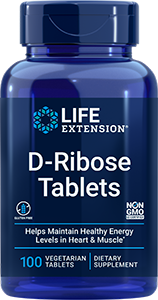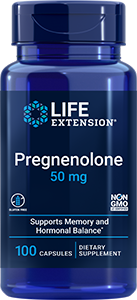- Science & Research
- Science News
- Newsletter
- 2011
- November 4

Newsletter
Newsletter
Resveratrol Mimics Calorie Restrictions Effects On Metabolism
Resveratrol mimics calorie restriction's effects on metabolism in clinical trial
Friday, November 4, 2011. Patrick Schrauwen of Maastricht University Medical Center and his associates report in the November, 2011 issue of Cell Metabolism that men supplementing with resveratrol experienced metabolic effects similar to those observed in animal studies of calorie restriction. Resveratrol is a compound that occurs in red grapes, wine and other plant foods. The current trial is the first to evaluate resveratrol's metabolic effects in humans. In a randomized, crossover study, eleven healthy, obese men received a placebo and 150 milligrams trans-resveratrol for 30 days each. The treatment periods were separated by 30 day wash-out periods. Body mass index, whole-body energy expenditure, lipid storage, plasma markers of metabolic function and other values were measured before and after treatment. Resveratrol supplementation was found to be associated with reduced energy expenditure and improvements in metabolism and overall health, including reductions in metabolic rate, liver fat, blood glucose and blood pressure. "We saw a lot of small effects, but consistently pointing in a good direction of improved metabolic health," stated Dr Schrauwen. "The immediate reduction in sleep metabolic rate was particularly striking," he remarked. "Of course, in the case of obesity, it's not entirely clear whether burning fewer calories is a good or a bad thing. It does suggest that participants' cells were operating more efficiently, as they do following calorie restriction." Dr Schrauwen noted that the current study enrolled obese adults due to their high risk of developing type 2 diabetes. He hopes to test resveratrol in future trials involving diabetic patients. "We demonstrate beneficial effects of resveratrol supplementation for 30 days on the metabolic profile in healthy obese males, which seems to reflect effects observed during calorie restriction," the authors write. "Although most of the effects that we observed were modest, they were very consistently pointing toward beneficial metabolic adaptations. Furthermore, there were no effects on safety parameters, and no adverse events were reported." "Future studies should investigate the long-term and dose-dependent metabolic effects of resveratrol supplementation in order to further establish whether resveratrol supplementation has the potential to overcome the metabolic aberrations that are associated with obesity in humans," they conclude. "I don't see a reason for particular caution, but we do need long-term studies," Dr Schrauwen concurred. | ||||||||||||||||
 | ||||||||||||||||
| ||||||||||||||||
| ||||||||||||||||
 | ||||||||||||||||
| ||||||||||||||||
| ||||||||||||||||
The latest news on aging, nutrition, and vitamins
Lab
Testing
How Life Extension lab testing works










